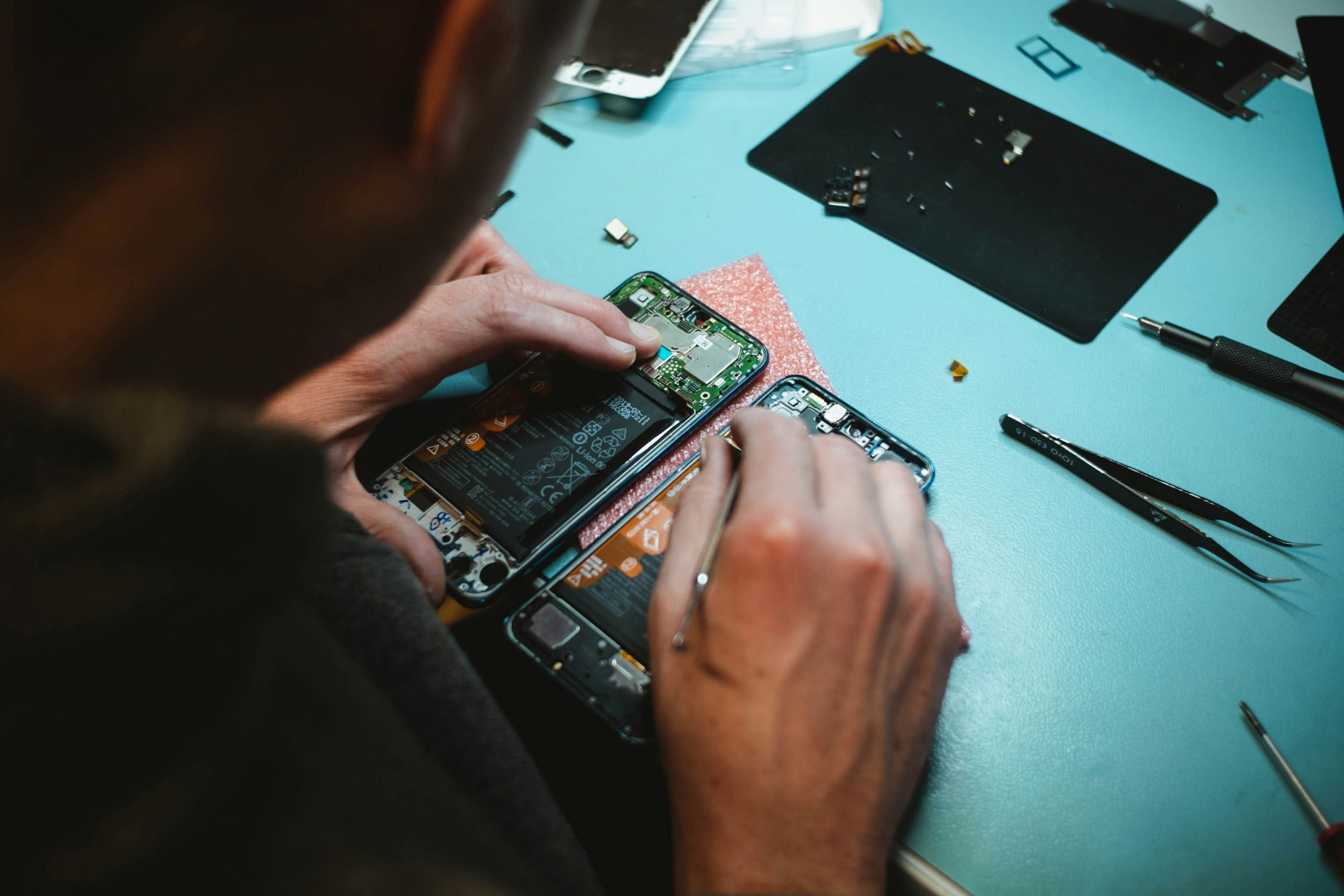A Breakthrough in European Right-to-Repair Legislation

The political agreement on new rules aimed at fostering the repair and re-use of products represents a significant stride toward making repair and refurbishment more affordable, accessible and appealing for all European consumers.
As an active participant in the Right to Repair Europe Campaign, RREUSE welcomes this pivotal development. We underscore the following particularly notable elements from the perspective of social enterprises active in the circular economy:
Revamped Rules on Spare Parts: Manufacturers are required to provide spare parts and tools at reasonable prices. They are also prohibited from obstructing the use of second-hand and 3D-printed spare parts by independent repairers.
Economic Boost for Repair: Member States are required to implement at least one measure to enhance the affordability of repair. This includes the establishment of financial or fiscal incentives such as repair funds and VAT reductions.
Recognition of Community-Led Repair Initiatives: Community-led repair initiatives, such as repair cafés, will find a place on a Pan-European online platform with local repair and refurbishment options across the EU.
While we are waiting for the consolidated text, we express gratitude to the negotiating teams for the valiant efforts that led to a final compromise on this crucial legislation.
Whereas the original proposal tabled in March 2023 missed the mark, the agreement emerging from interinstitutional negotiations seems to be on the right track. It should lead to a significant increase in the repair and re-use of many electric and electronic products on the EU market.
This political agreement is a milestone but swift progress on eco-design requirements and an extension of the scope to other product categories are imperative to ultimately secure a truly universal right to repair.
Photo by Kilian Seiler on Unsplash

